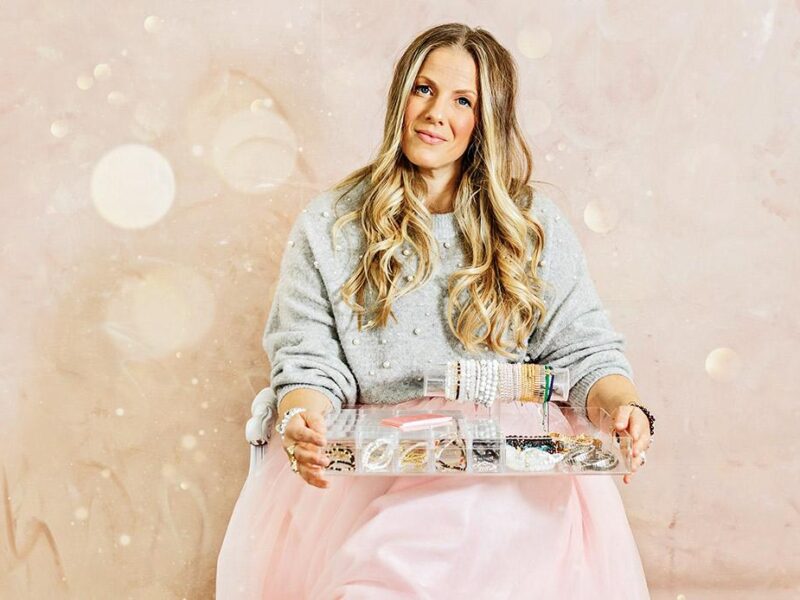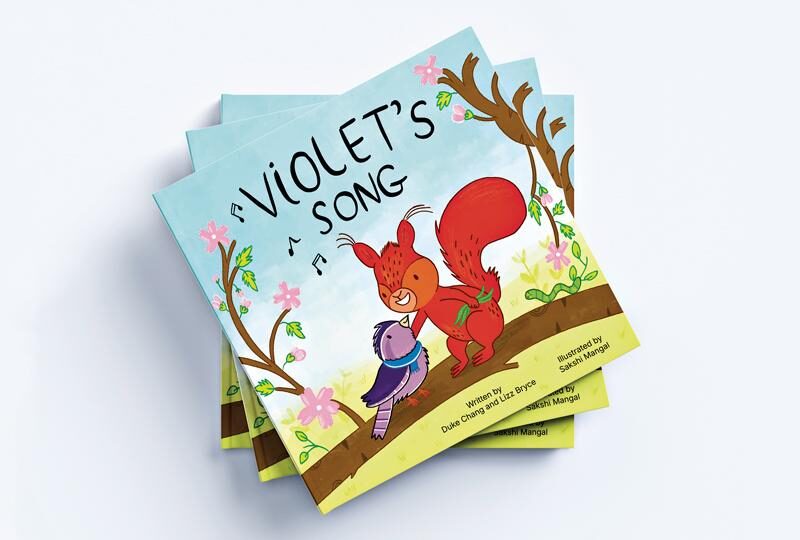Dropping the “n” word
My middle kid had the N-word dropped on him again yesterday (he’s had to put up with this at least once a year since he was school aged). This time he was playing basketball with a kid he’d never really met at another friend’s house. I can’t be sure of all the details (there are at least three versions of the events leading up to the incident), but the agreed upon facts are these – the other kid challenged mine to a game of one-on-one; my kid was beating the other kid pretty badly (“wrecking him”, as the third party described it); my kid started trash talking the other kid (called him “doo doo butter”, according to the same third party); then the N-word came out.
I tell the whole story because I want to make it clear that my kid isn’t without blame in these situations, or not usually anyway. I grant that he’s a trash talker. I grant that he can be mouthy. I grant that he also calls names. I’ll even grant that he can get physical at times. None of which I condone.
However, none of it justifies racial abuse either, and yet that sort of abuse seems to be very much on the rise, even of children, even by children. For whatever reason, it’s now much more common to hear that kind of thing on the playground or on the street than when I was a kid.
The other day a friend of mine had to intervene when a newly immigrated man and what looked like his grandson, neither of whom could really speak English, were being verbally abused on the sidewalk by a young white man. When my friend got involved, the young man then turned on her and threatened her life.
One of my wife’s university friends, who immigrated here from India when she was a child, and who has been a citizen for 30 years, faced similar abuse when she went to the beach a few weekends ago. A stranger came up to her and her children, saying that “her kind” were taking over the beach and not respecting other people’s space, and telling her to “go back where she came from”.
Now, these kinds of incidents are by no means new. I could list off dozens of them going back to when I was a child, and that’s from someone who’s about as mixed-European white as it’s possible to be. But it seems to me that this kind of thing is becoming more common and more accepted than it used to be. Hardly a week goes by when I don’t see or hear something of the sort, and too often the story ends with by-standers just ignoring the situation rather than standing up for those being abused.
So it’s no wonder to me that we’re seeing the same kind of trend among kids. When they see adults resorting to racism when they’re irritated by a crowded beach, why wouldn’t they resort to racism themselves when they’re irritated by a trash talking kid whose killing them at basketball. When they see adults assume that people with white skin are somehow more Canadian than other people, why wouldn’t they assume the same.
As parents, we need to show our kids better models. We need to do so, not only through the way that we ourselves treat people of different race, culture, gender, orientation, ability, and so forth, but also through our willingness to stand up for others when they’re facing abuse and discrimination. We need to make sure that our kids see us actively speaking out against that behaviour, so that they don’t see our silence as complicity.
Luke Hill is the parent of birth kids, adoptive kids, foster kids, and just-need-a-place-to-stay kids for fourteen years. He’s had experience with kids in homeschool, public schools, and alternative schools. He’s been a teacher, a camp counsellor, and a coach. He’s also taught parenting courses for Children’s Aid for almost a decade. When he isn’t working with kids, he’s a writer, a publisher, and the director of a non-profit organization that supports book culture.





